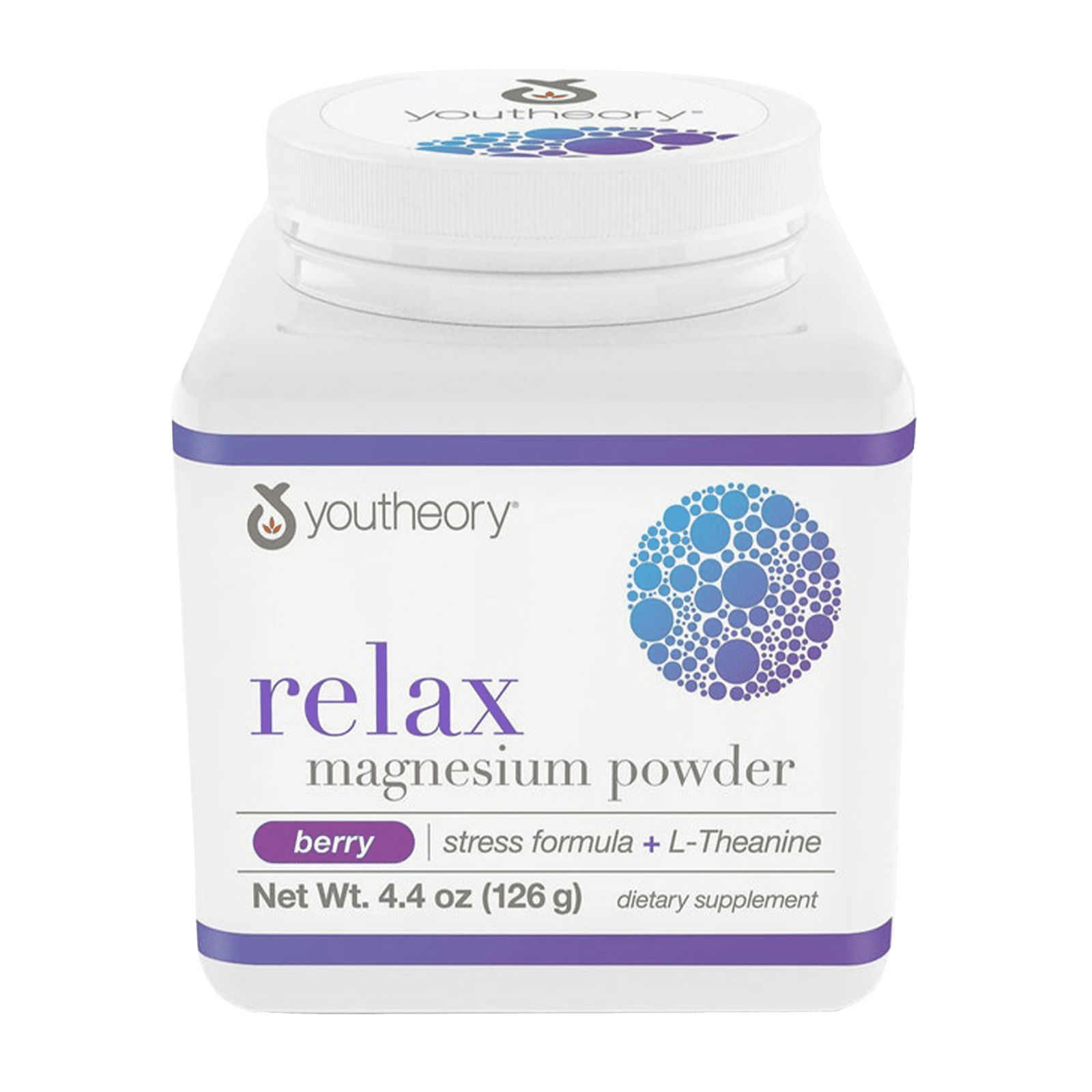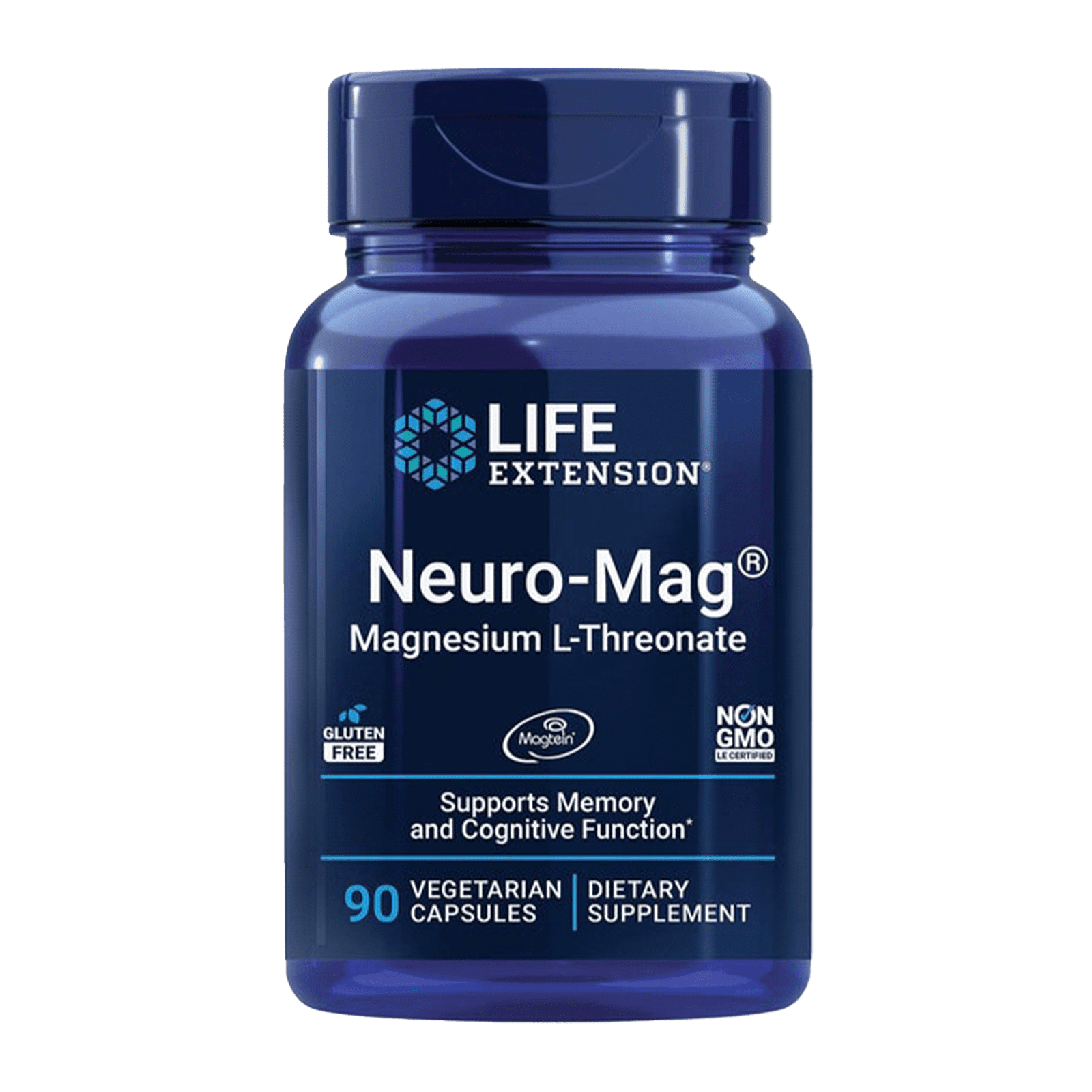Cottonbro Studios/Pexels
The interest in magnesium supplements has grown thanks to internet trends. And it makes sense: In our hyper-busy world, the growing demand for finding ways to help us relax has become a high priority. However, it’s important to recognize the symptoms of magnesium deficiency and understand the best ways to take it before you decide to supplement. We spoke with Dr Álvaro Campillo, a digestive surgeon and partner at supplement brand, Kobho Labs.
“Magnesium is an ion with over 200 functions within its cells, many of which are crucial for sleep, healing the central nervous system, and muscle repair,” says Campillo. “That is why it’s ideal to take at night.” Given its essential role in numerous bodily functions, similar to the importance of vitamin D, it’s not surprising that magnesium deficiency is common. Campillo points out that while the symptoms of magnesium deficiency can be varied, several key signs are worth noting:
- Irritability
- Chronic fatigue
- Frequent headaches
- Repeated respiratory problems
- Muscle cramps
- Depressive symptoms
- Symptoms related to metabolic risk or diabetes
Can everyone take magnesium supplements?
Magnesium supplements have become increasingly popular for good reason, but it’s crucial to analyze the formulation of each supplement to know whether it’s suitable for you. “Magnesium is vital for our metabolic, muscle, energy, immune system, and nervous system.” It’s estimated that between two and 15% of Americans experience magnesium deficiency, “so it’s essential to include magnesium in your diet, especially if you suffer from chronic inflammatory diseases, migraines, fibromyalgia, osteoporosis, or poor sleep. These conditions all require higher levels of magnesium for optimal health and performance.”
The best time to take magnesium supplements
Taking magnesium at night helps relax the body and improves sleep quality. However, there is an ideal time to take them: two hours after dinner. “Magnesium is poorly absorbed and has low bioavailability when in the presence of calcium, proteins, or phosphates. Therefore, try to leave a two-hour gap after dinner to achieve maximum absorption and enhance its benefits,” Campillo says.
Pills or liquid magnesium?
Your choice of magnesium pills, gummies, or liquid solutions depends on how well the body absorbs the active ingredient and how easy it is to consume.
This article was originally published on Vogue España.





